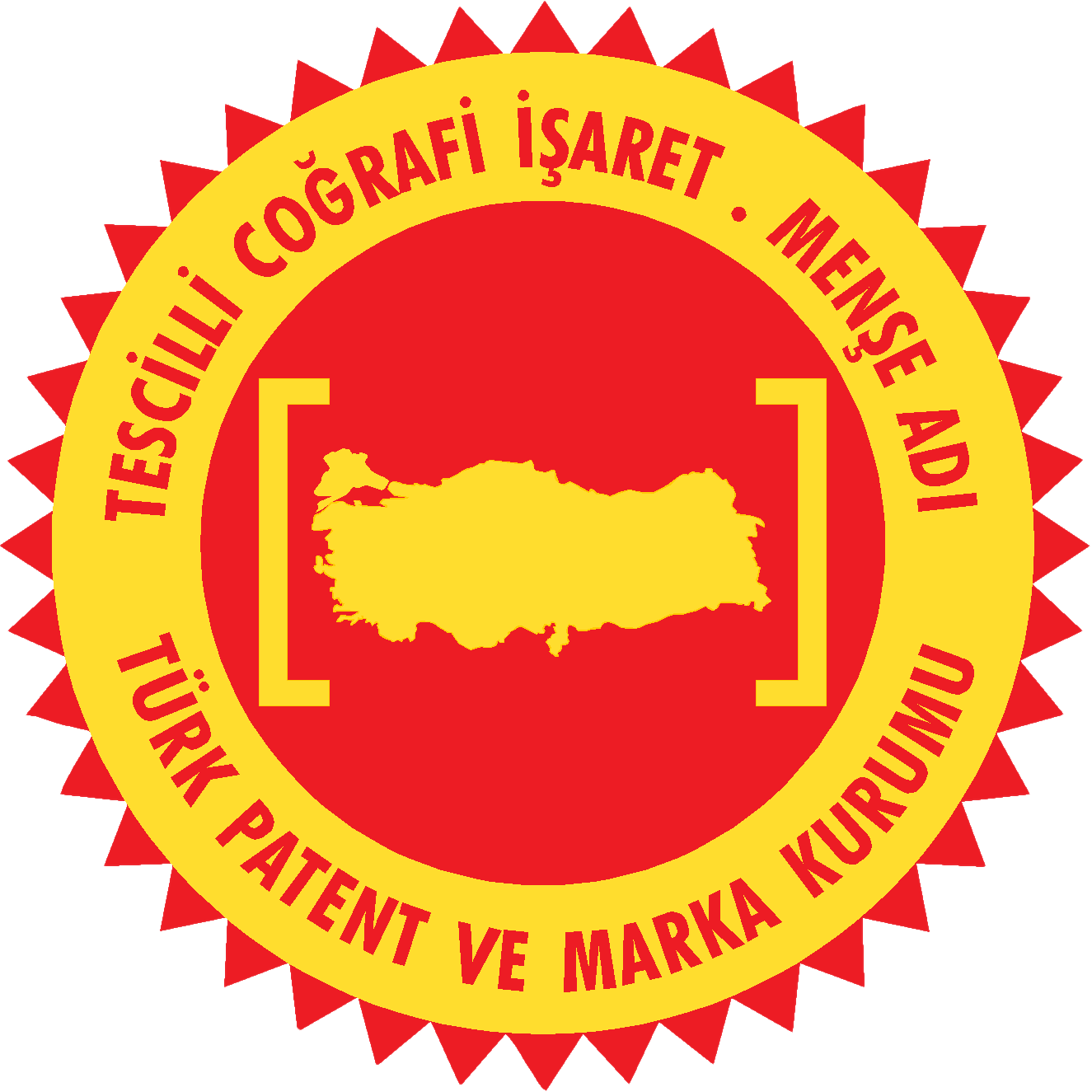Suhoor
What is eaten at suhoor is the last meal eaten by those who fast during Ramadan before imsak time. This meal should provide energy and minimize thirst as you combat hunger and thirst throughout the day. Here are some food and drink suggestions you can choose for suhoor:
Water:
Drinking plenty of water at suhoor helps reduce thirst throughout the day.
Whole Grains:
Foods that contain slowly digested carbohydrates, such as whole grain bread, oatmeal or bulgur, make you feel full for a long time.
Protein Sources:
Protein sources such as eggs, cheese, yogurt or low-fat meat products are a good option for suhoor. Protein provides a long-term feeling of fullness.
Vegetables:
Vegetables with high water content, such as cucumbers, tomatoes and greens, meet the need for vitamins and minerals and can reduce the feeling of thirst.
Dried Fruits and Nuts:
Small amounts of dried fruits and nuts give energy and keep you full. However, since they are high in calories, it is necessary to pay attention to the amount.
Dairy products:
Dairy products such as yogurt or kefir are both a source of protein and facilitate digestion.
Fruits:
Fruits consumed in small amounts can help quench thirst and meet vitamin needs.
Olives and Olive Oil:
Olives and olive oil consumed in small amounts are rich in healthy fats and provide a feeling of fullness.
It is important to avoid excessively salty, spicy and fatty foods at suhoor, as they can increase the feeling of thirst and make digestion difficult. Additionally, high-sugar foods and caffeinated drinks can also cause dehydration in the body, so consumption of such products should be limited.












